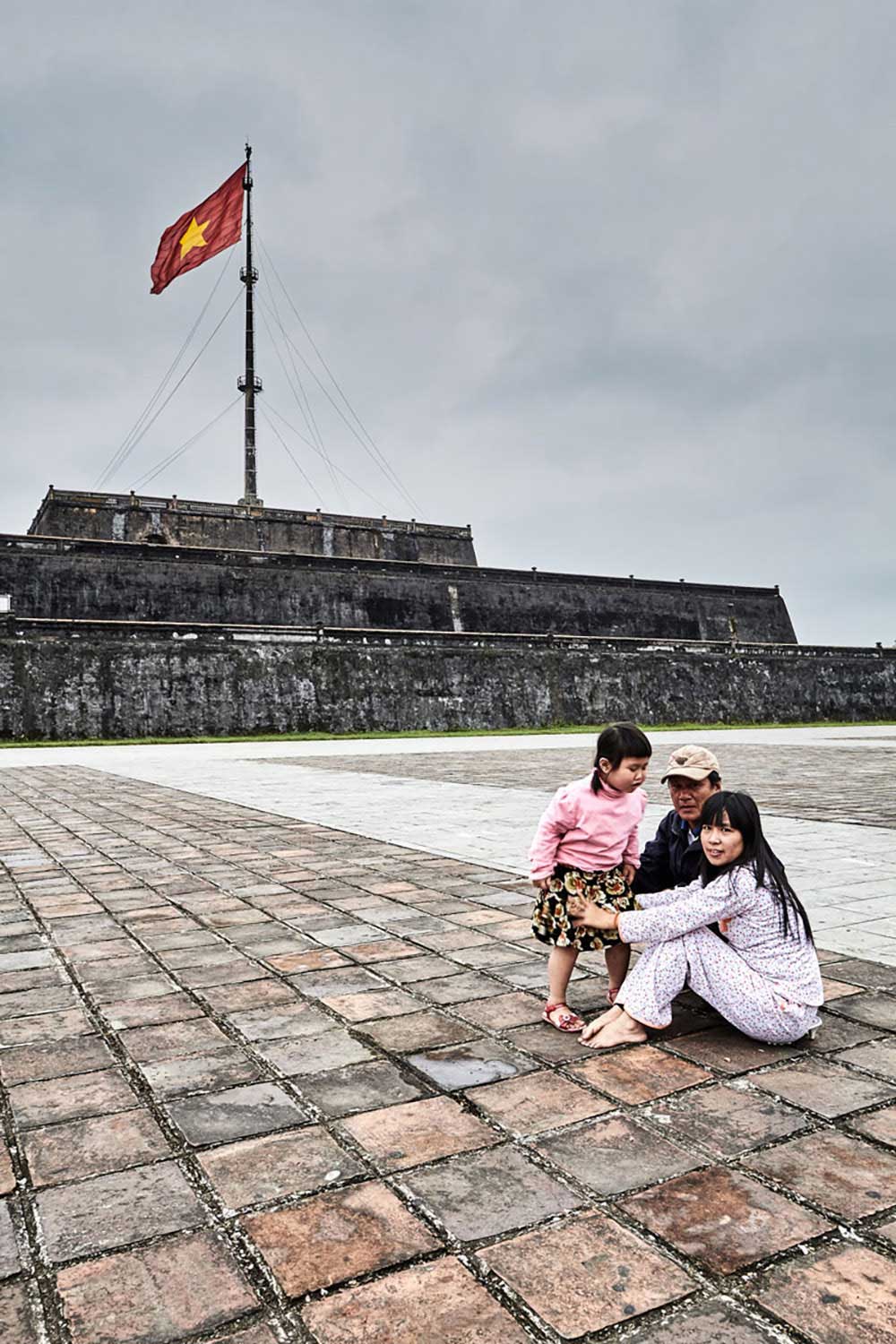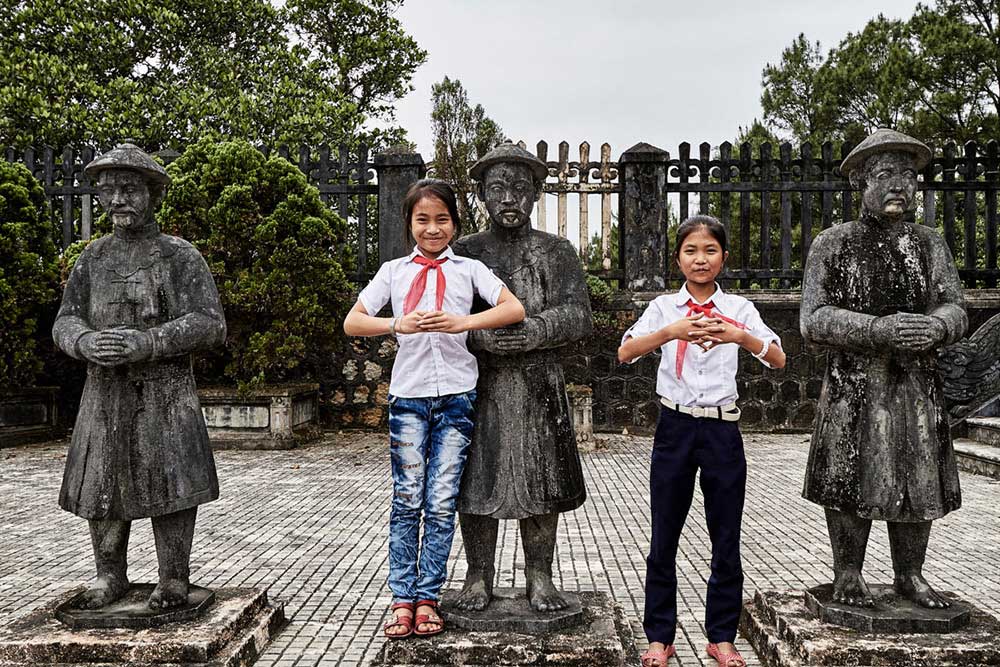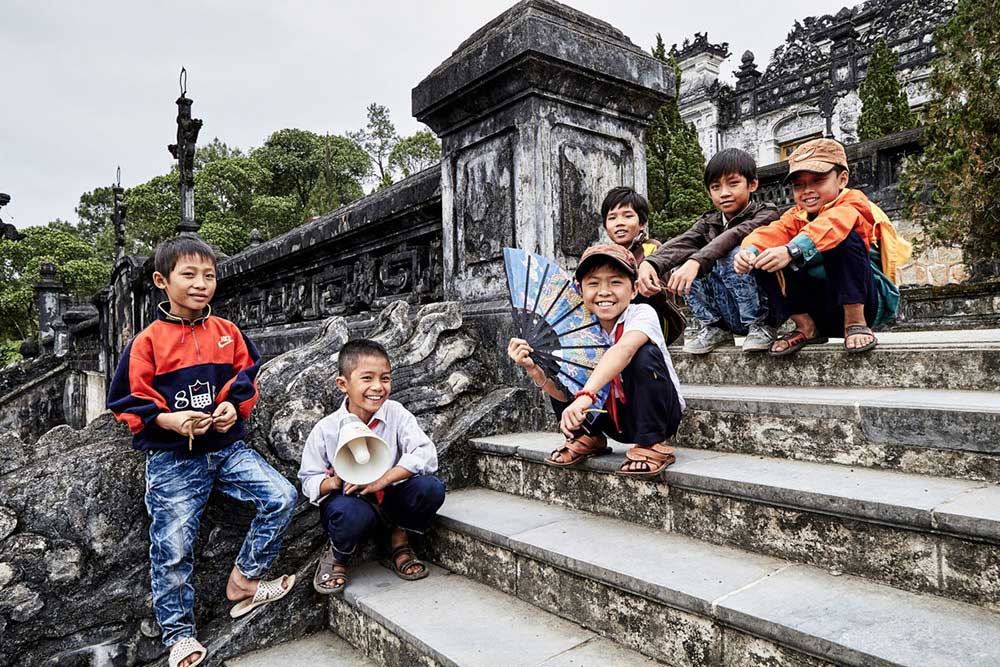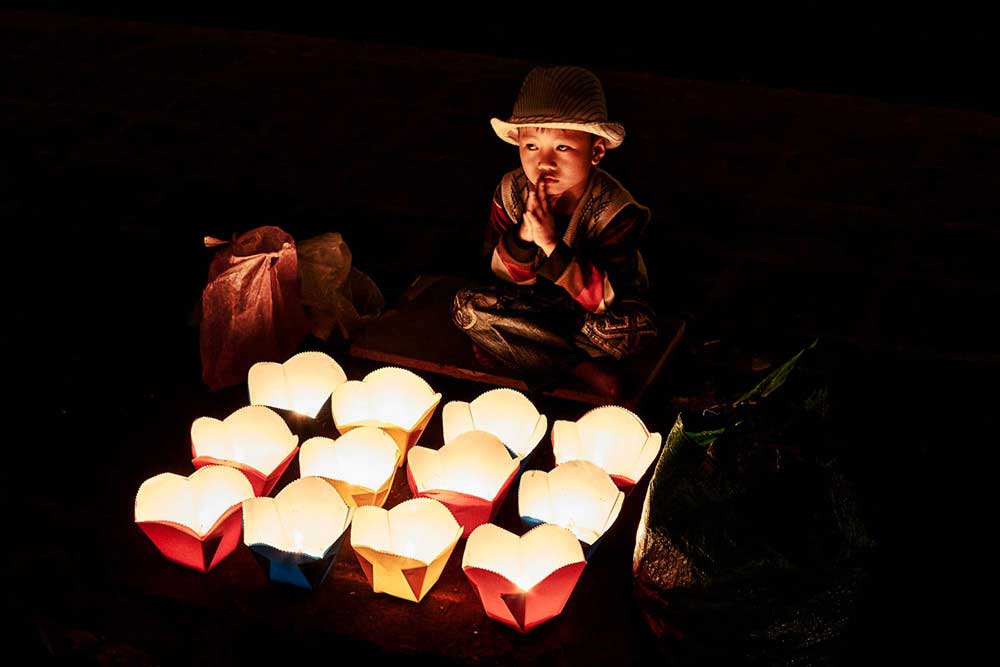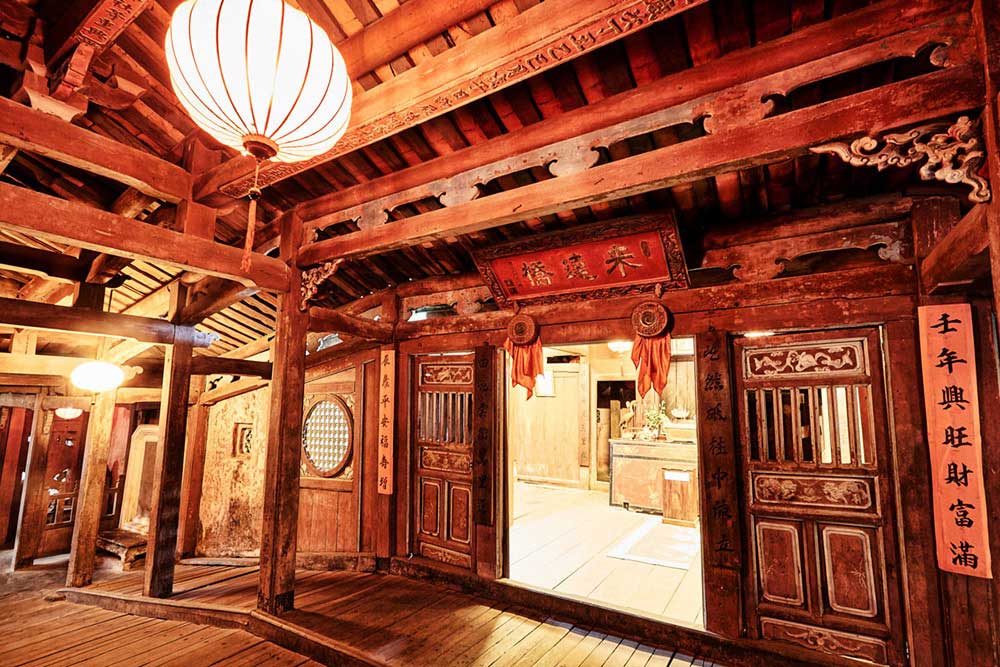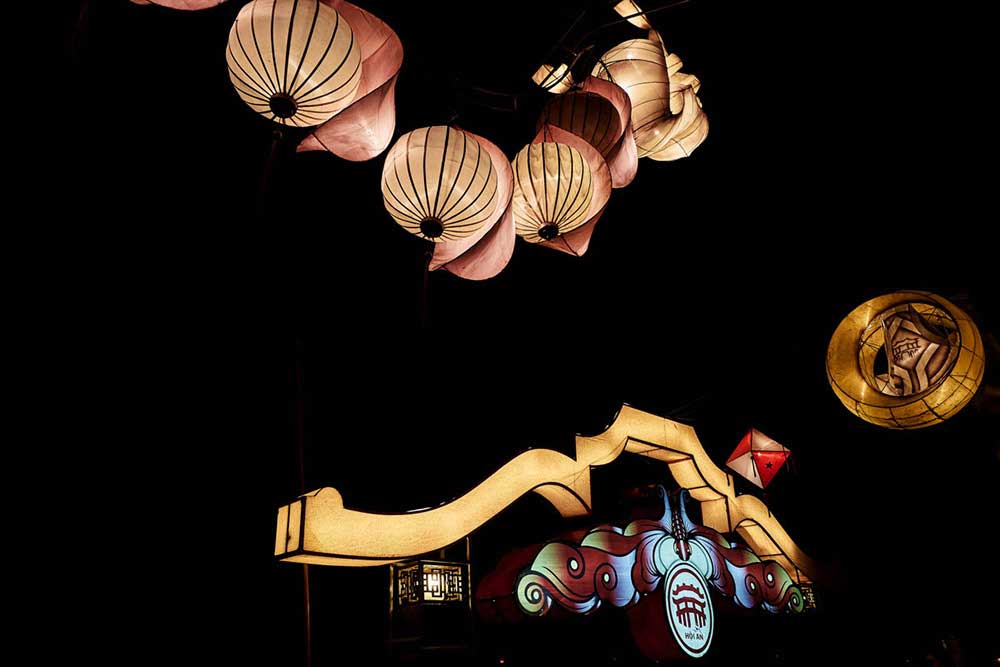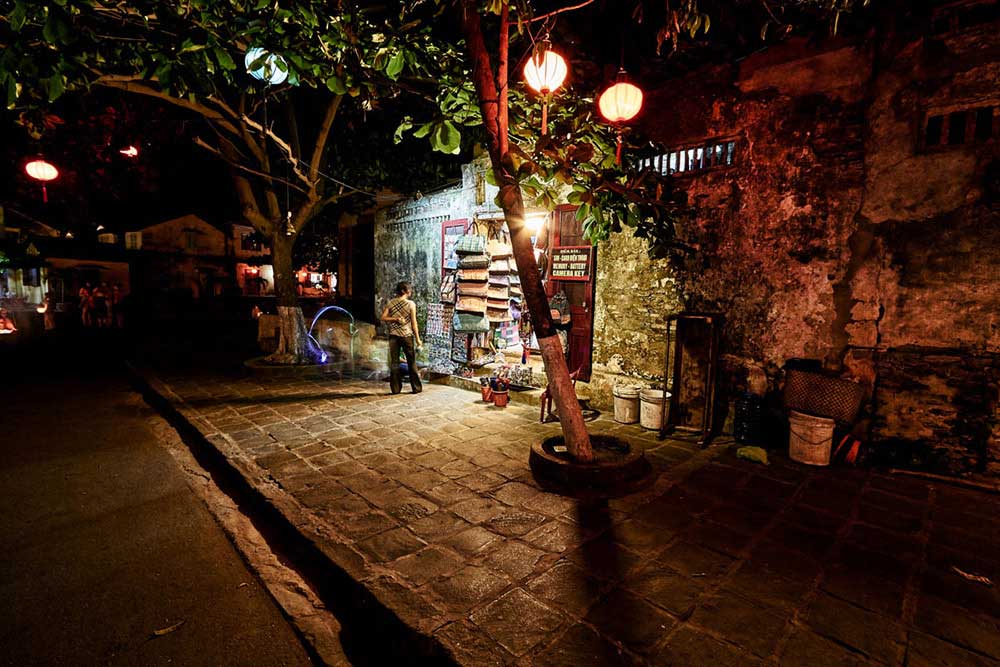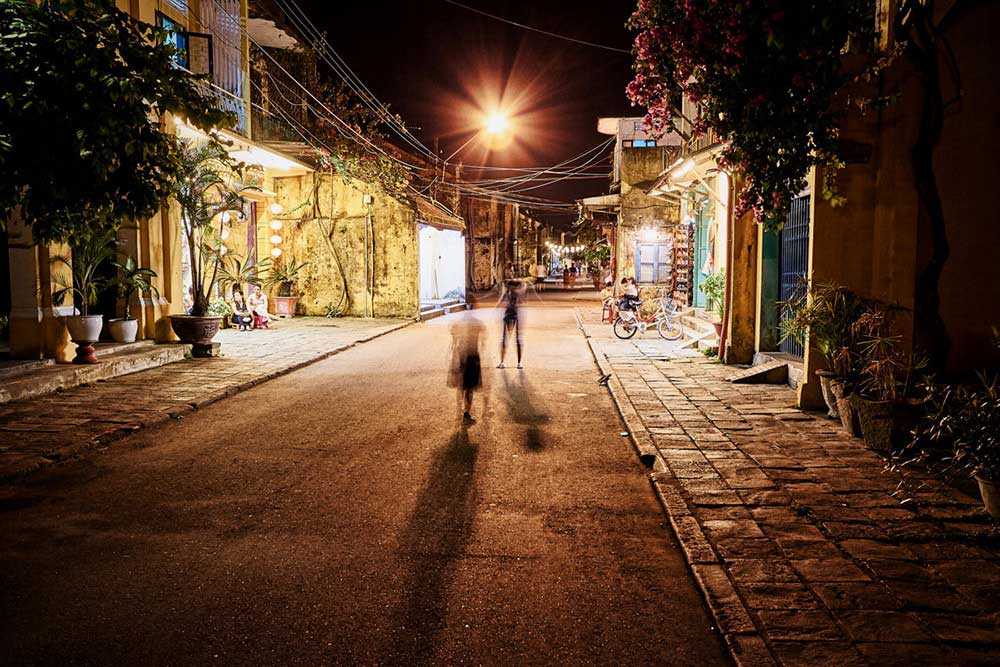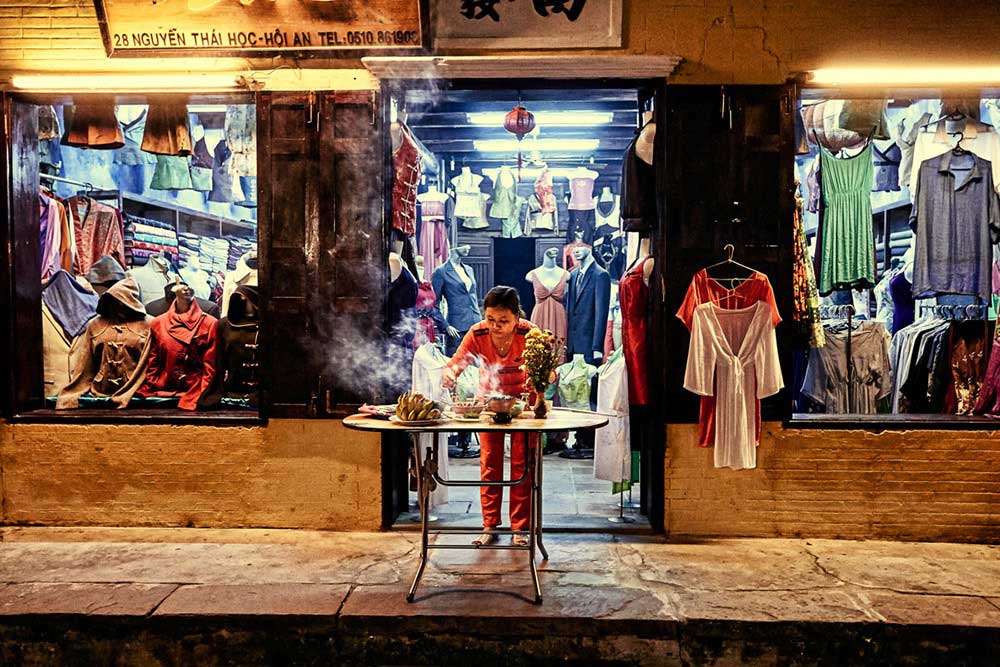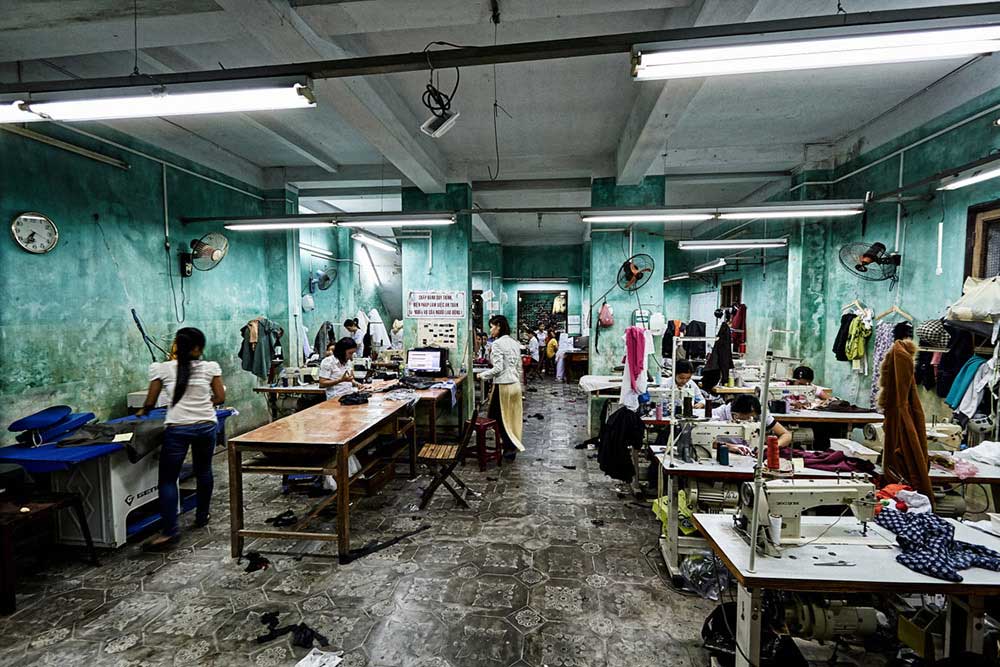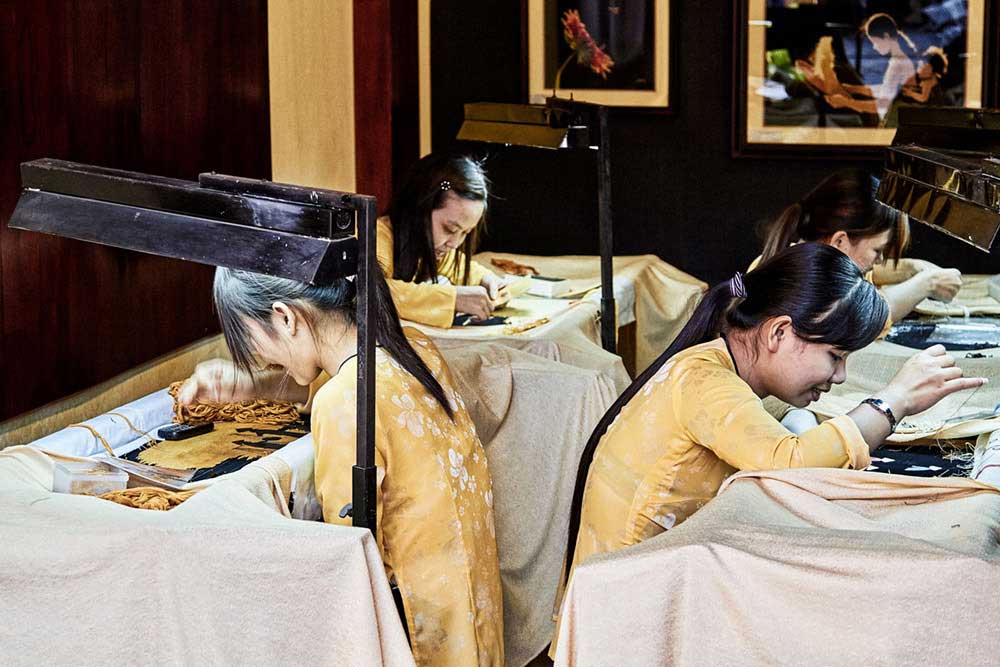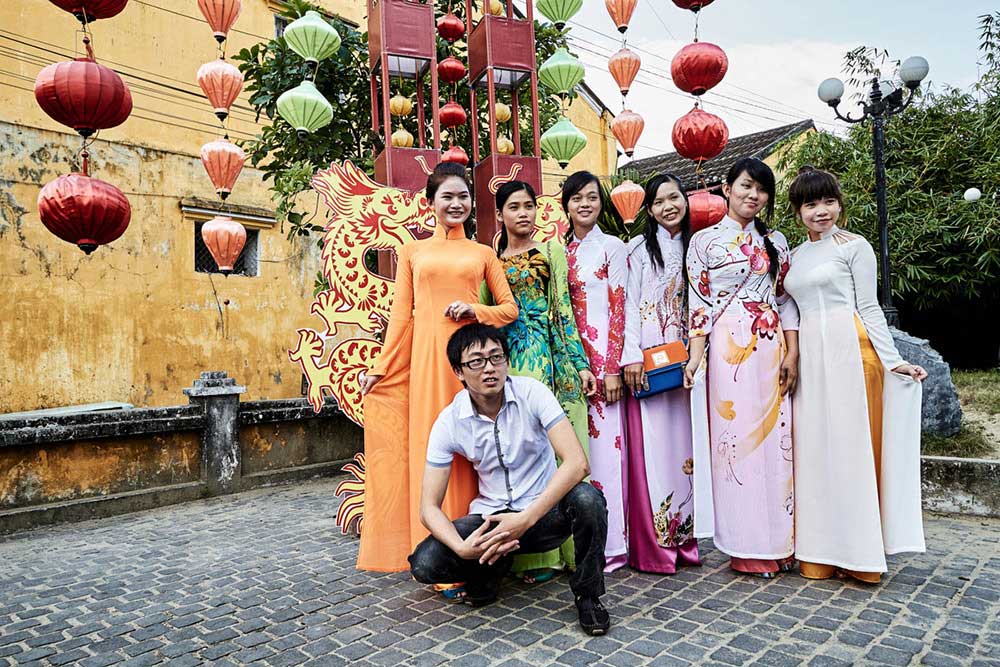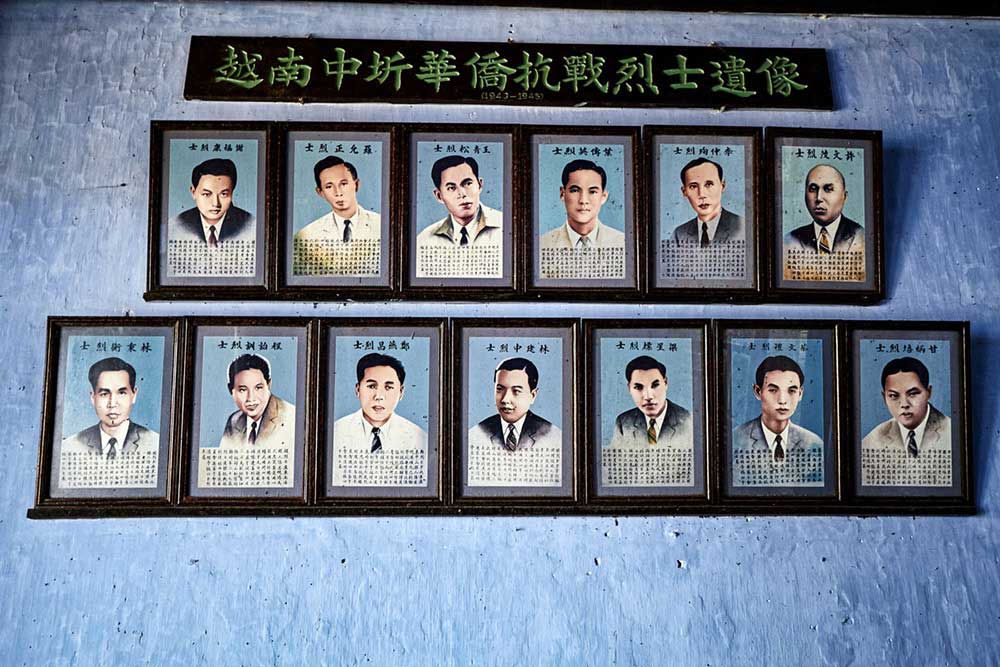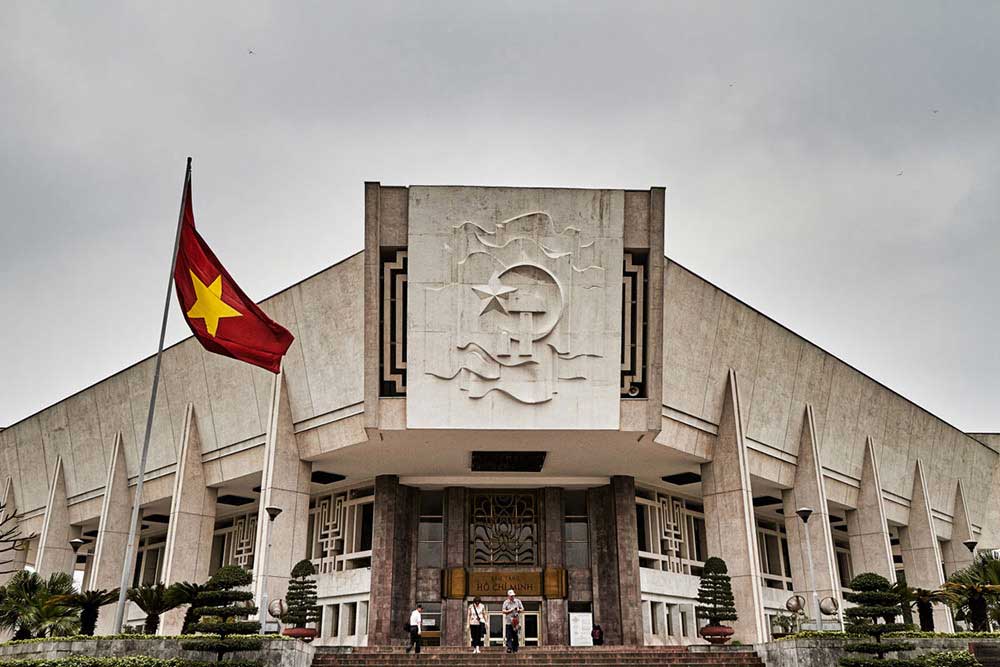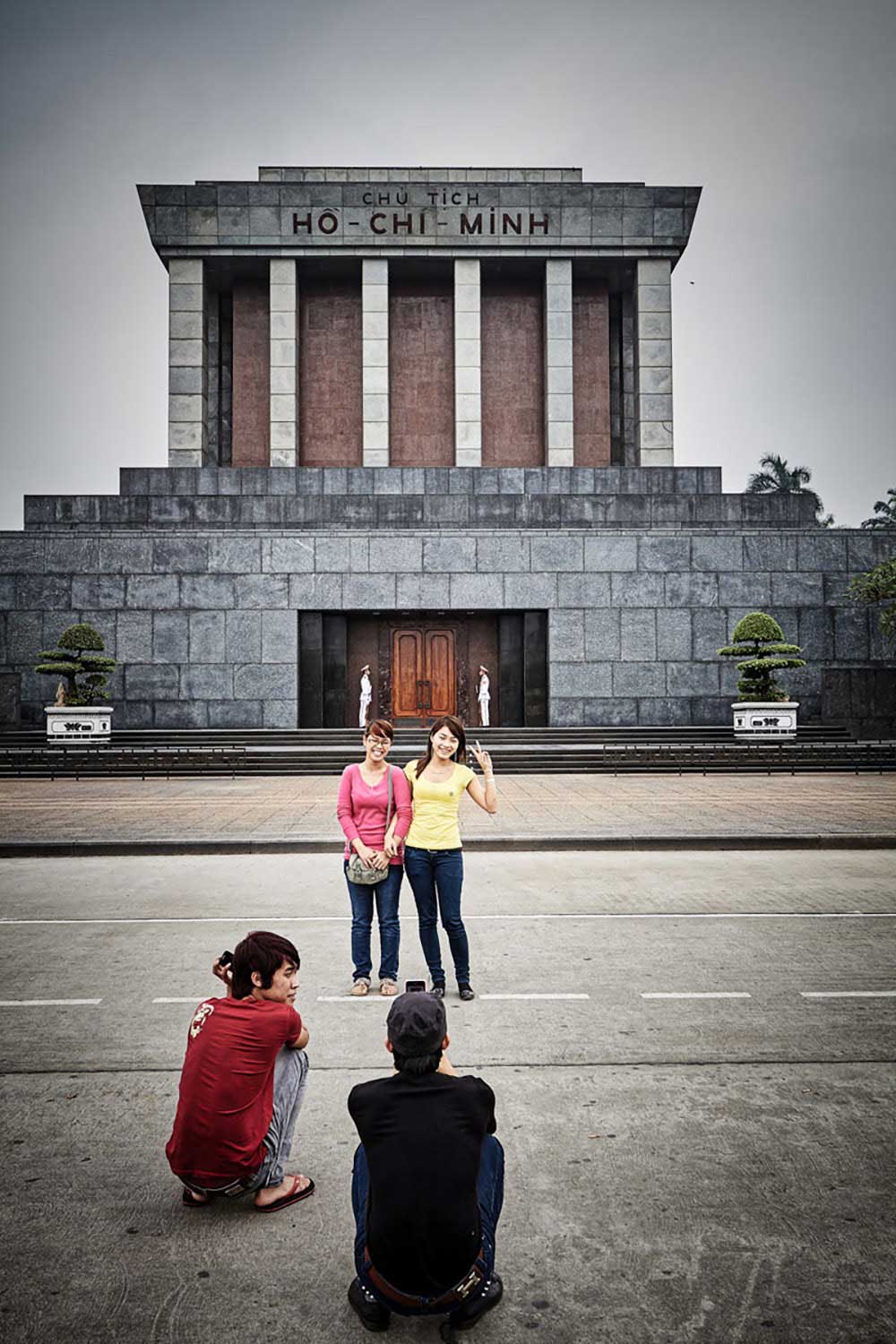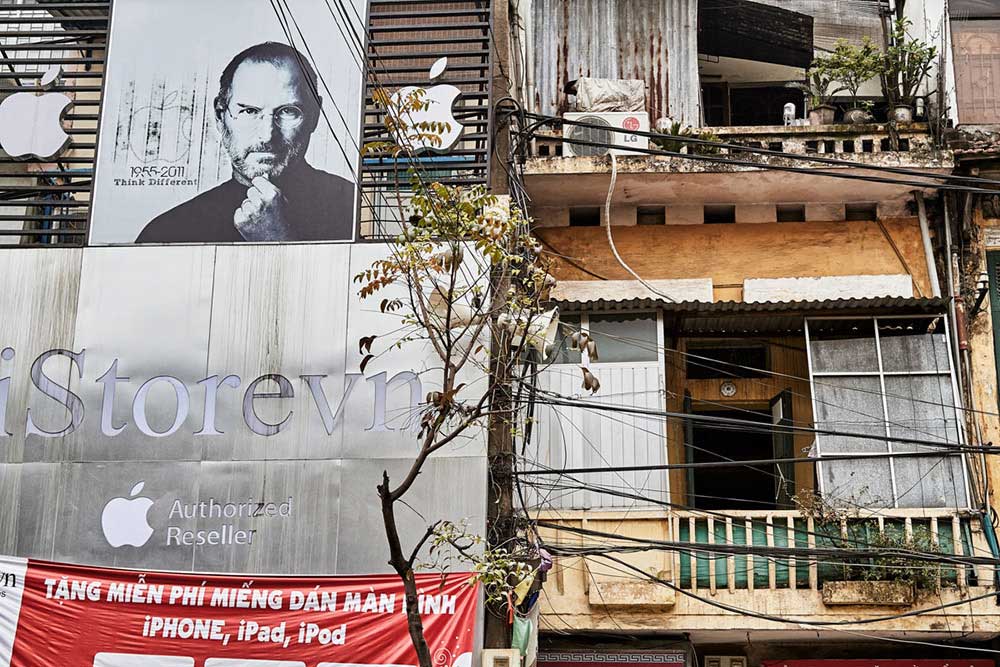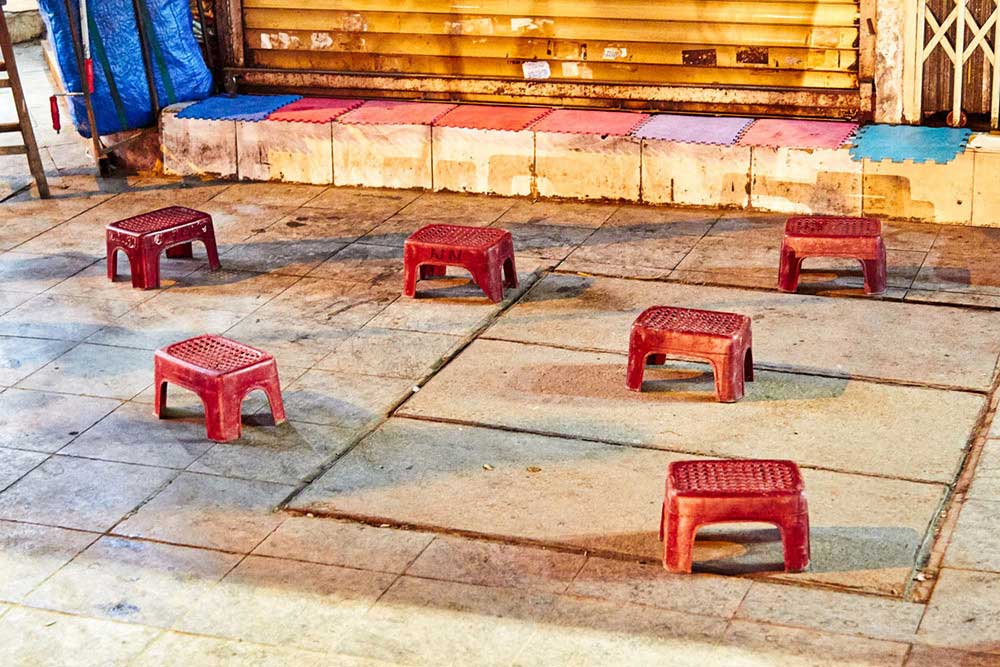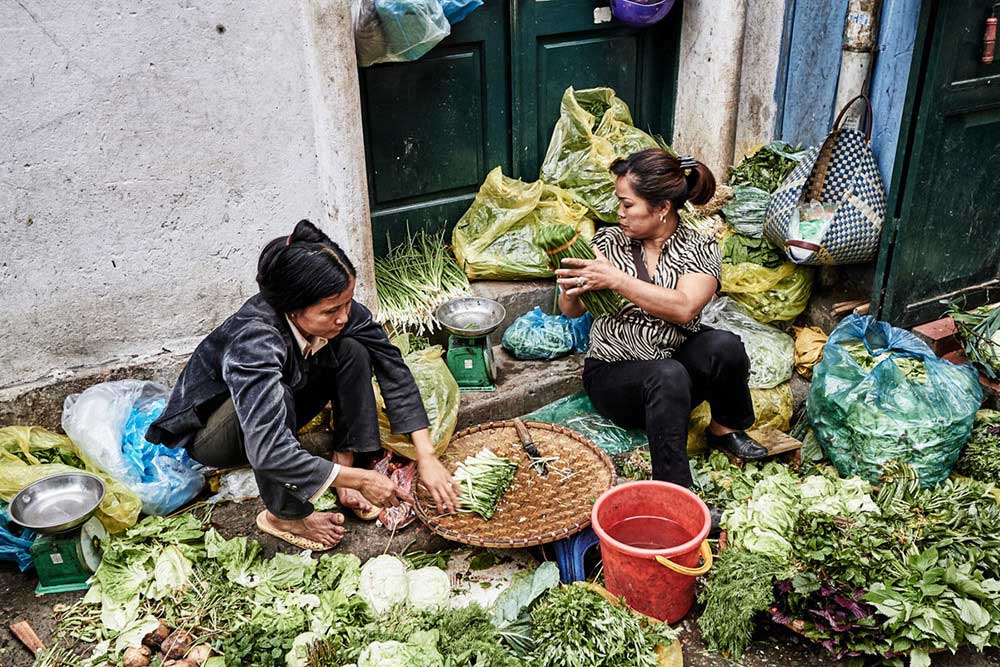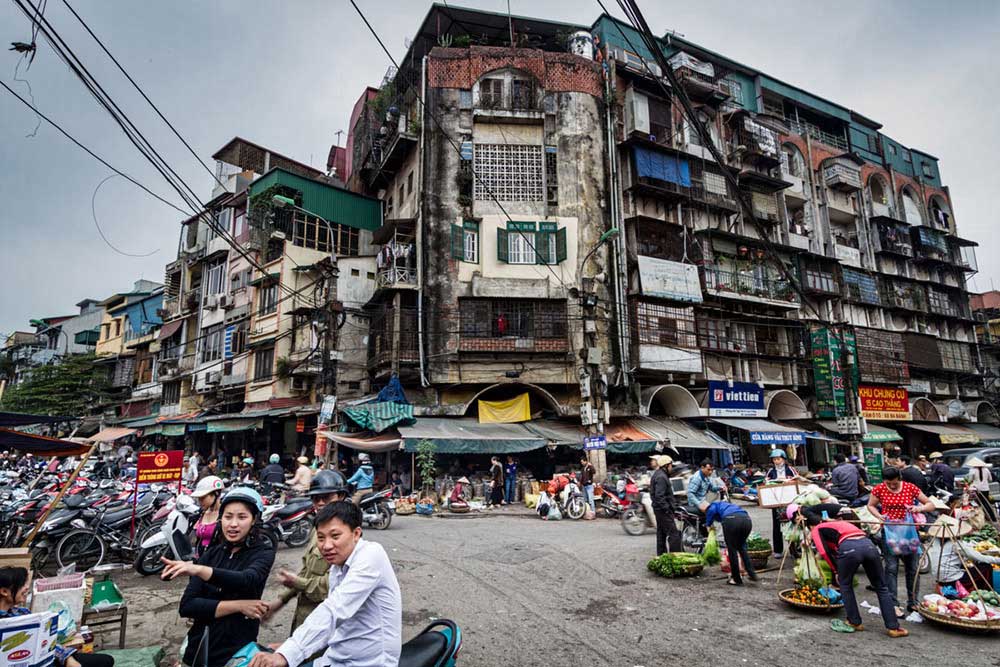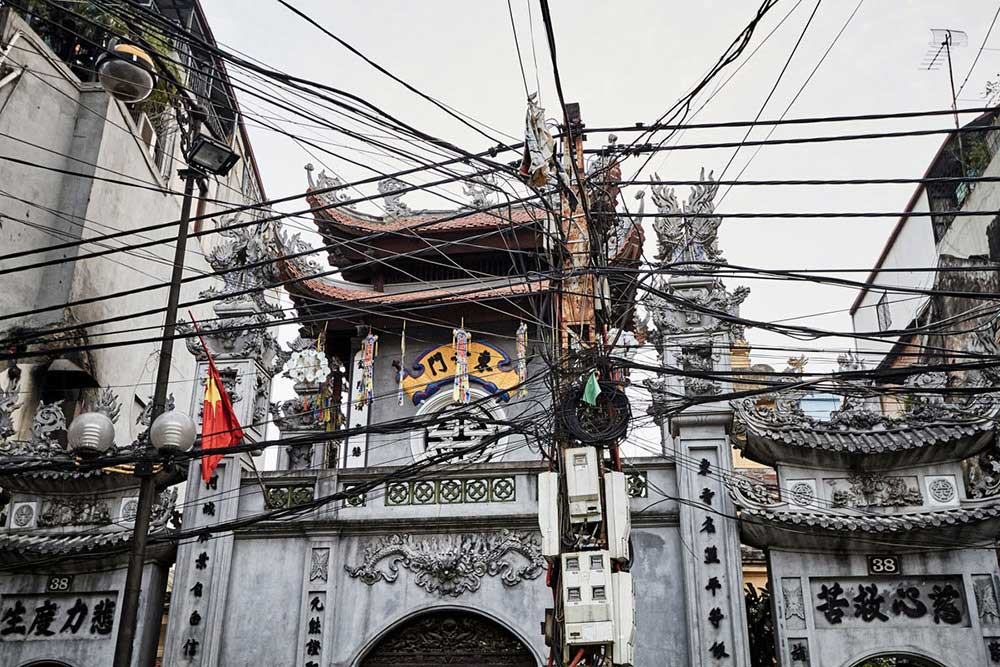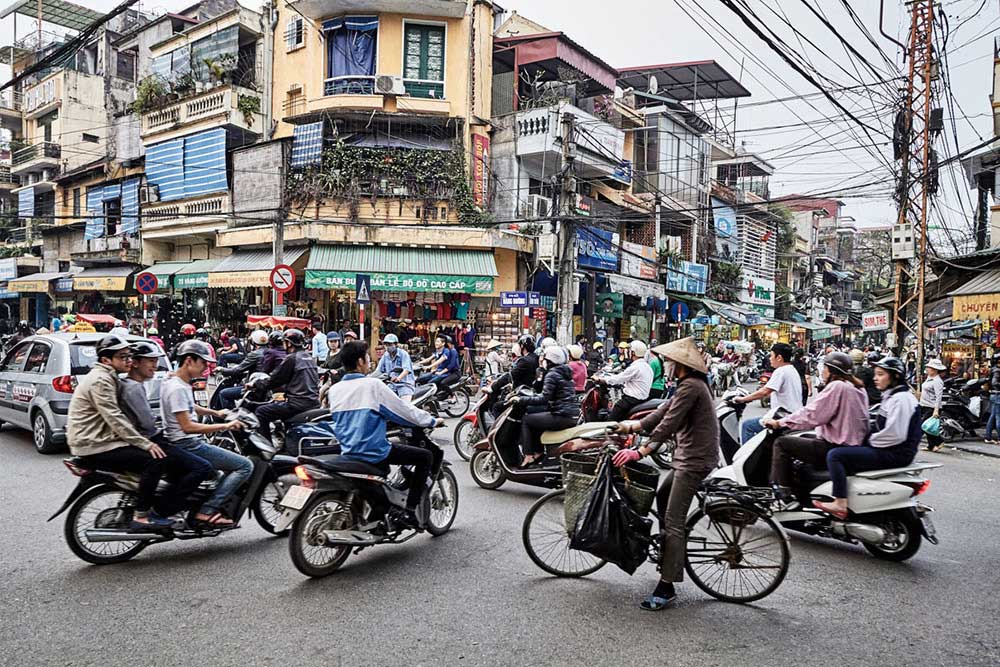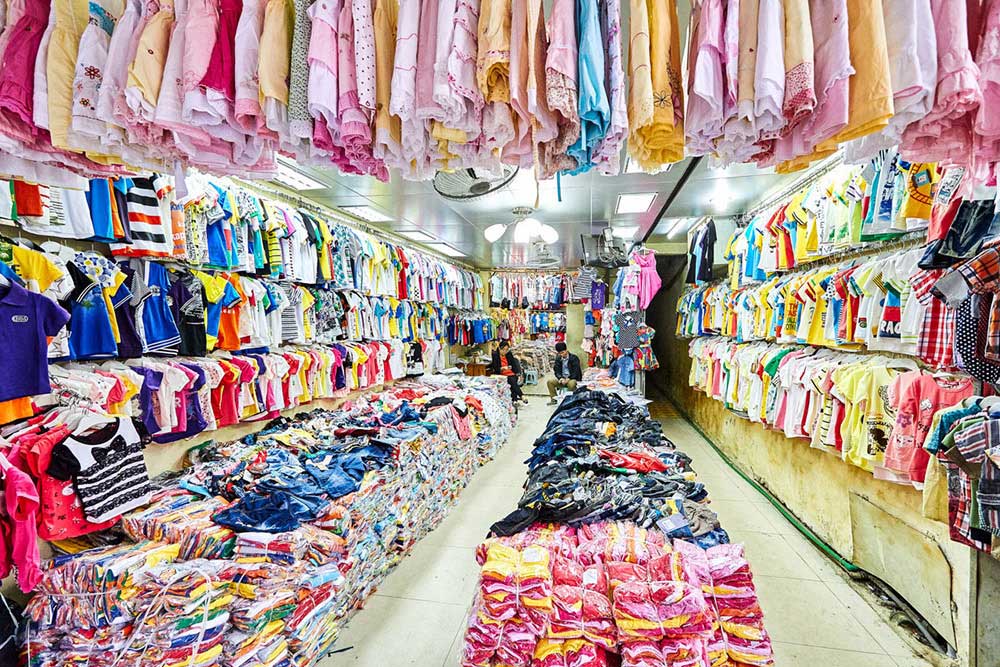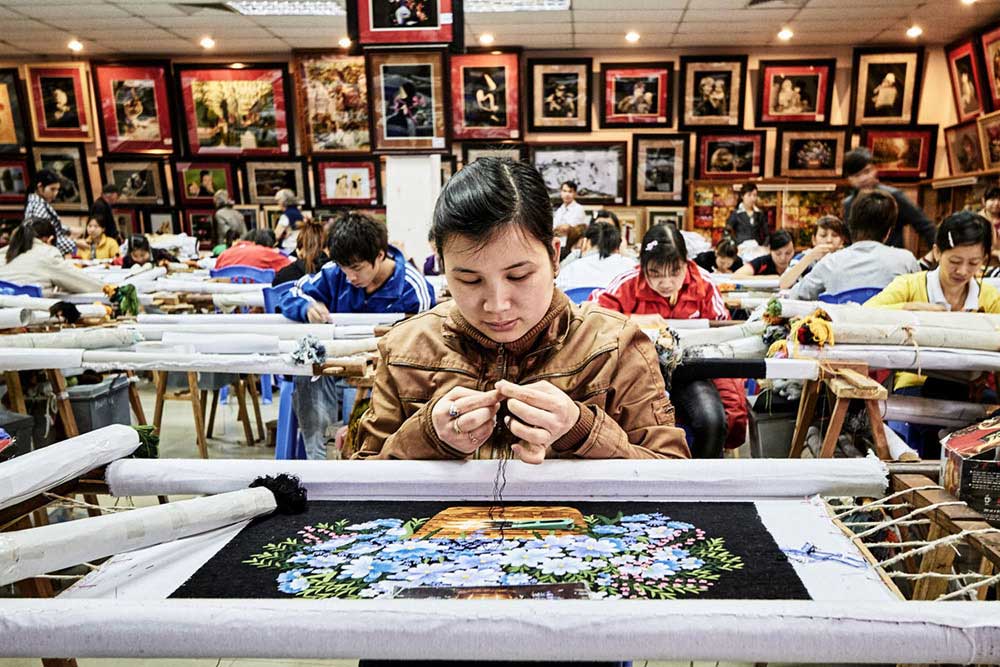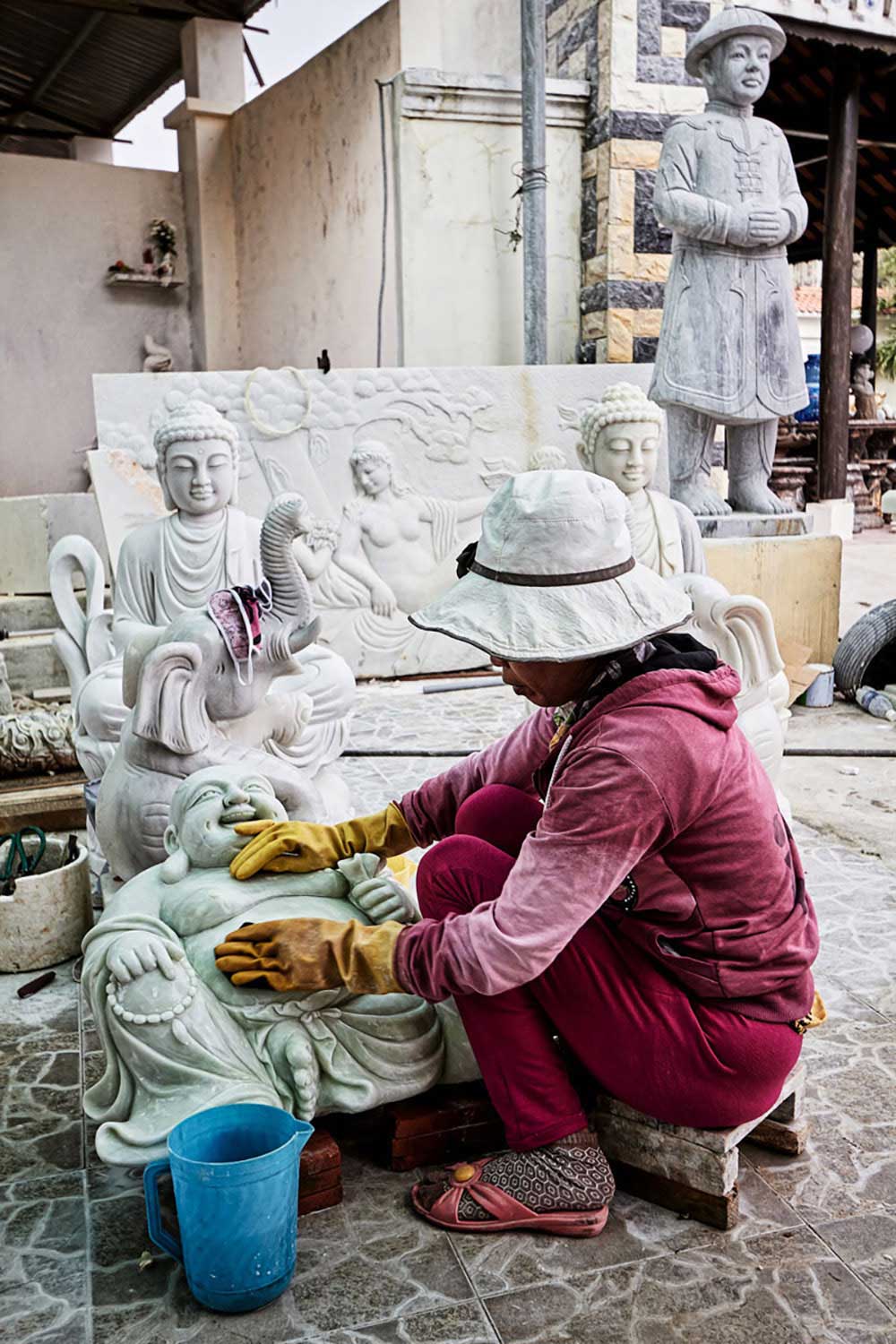Vietnam is a country of young people. More than half of Vietnam’s population is younger than 25 and 70 percent were born after the Vietnam War ended in 1975.
Since the 1990 ies the young vietnamese people are called “song voi” (fast living), myriads of them are cruising on their motorbikes through the big cities of Hanoi and Saigon today. They are celebrating what young people call “song tu do” (living freely). This generation drives the pace of change of Vietnam ́s economy and society. Traditional and conservative structures are constantly pushed back. Until recently, parents wanted their children to work for government companies, now young people want to work for dynamic international businesses. Young people want to become entrepreneurs instead of working for the Communist Party. Still, the Communist Party itself sees the young people as driving force on the way to a prosper society: “Whether the cause of doi moi will be successful or not, whether the country…will gain a deserving position in the world community or not, whether the Vietnamese revolution will firmly follow the path of socialism or not, it depends largely on the force of youth, and on the educating and training of young generations. The matter of youth is a matter of life and death for the nation, and one of the decisive factors for the success or failure of the revolution.” (VCP,1993)
Nevertheless, Vietnam is a socialistic republic, the framework for everything is set by the Party. Media is controlled and censored by the government. Most young people in Vietnam do not seem to care a lot about politics though, as long as they could go for their dreams and become economically successful. They do not see any sense in going on strike or in demonstrating for democracy, because there are so many other things they have to care about.
Nevertheless, Vietnam is a country of culture and tradition, family is valued highly. The dynamics of economic change also challenge family ties, with individualism being the antipode to traditional relations and hierarchies. This generation gap even affects fashion, young people rather wear traditional clothes when together with their elders, just to show off later when they meet with their mates. [Official Website]
My photographic passion is derived from combining aspects of documentary photography with a poetic visual approach aiming to reflect the different layers of more abstract topics the subject is connected to.
